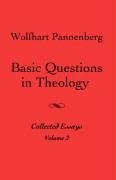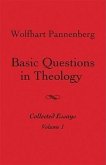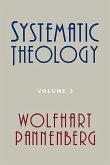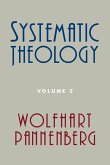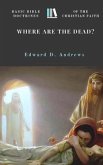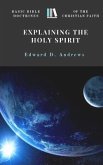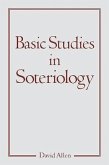The essays included in this volume focus on specific standpoints inherent to our understandings of God. From a survey of Western philosophies, Pannenberg concludes that the Christian view of truth is distinctive because of its emphasis on the future. On the subject of faith, he asserts that rational knowledge does not oppose faith, but rather gives support to it. Also, the ideas of Feuerbach and Nietzsche as well as those of the dialectical theologians are critiqued by the author. All in all, Pannenberg's uniting of classic theological insights with contemporary life will speak to the contemporary appropriation of traditional Christian themes. In this classic, two-volume set of collected essays, Wolfhart Pannenberg gives special focus to the ways in which history, hermeneutics, reason, and truth all guide and inform our various attempts at understanding God. This focus, then, offers the reader a unique insight into the revelation of God. Pannenberg writes, "To say that the revelation of God is not a supernatural event which breaks into history perpendicularly from above but rather that it is the theme of history itself, the power that moves it in its deepest dimension, is to say something about God and his relation to the world."

